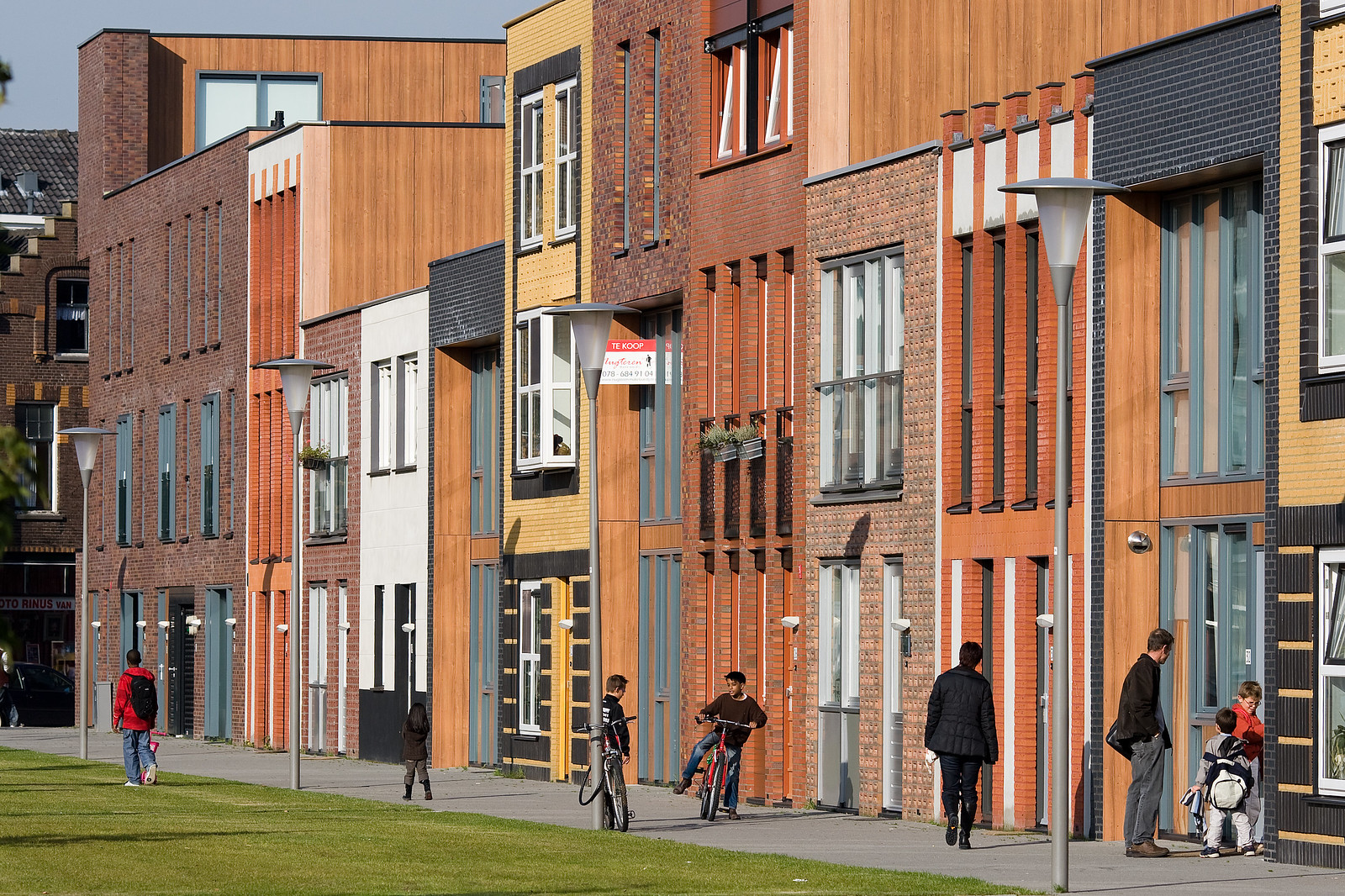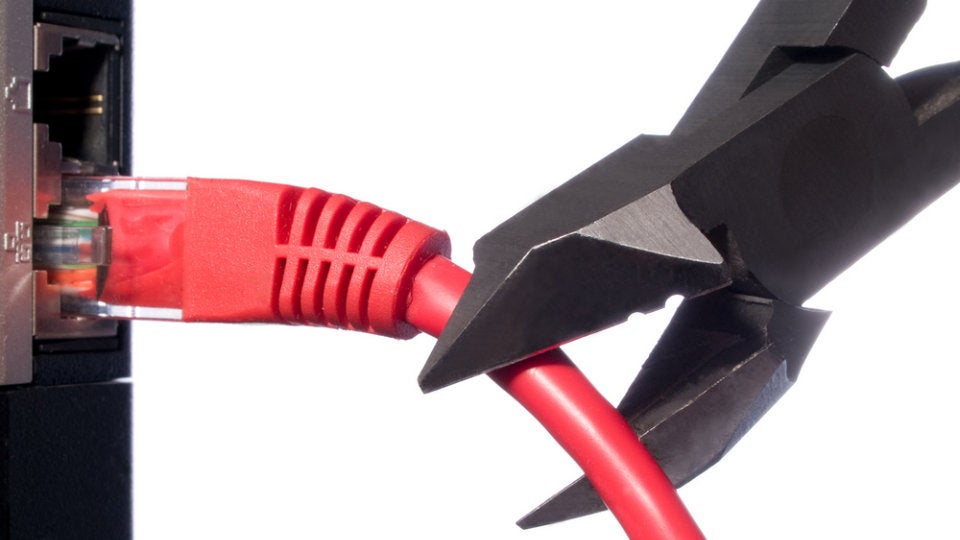
Over three years passed since I wrote about a decentralized social web. The idea has not let go of me, and I have been thinking on how to build it. In the meantime, I found like minded people and their ideas. Unhosted is a website where ideas are collected on how to take back power from big web 2.0 sites like Google and Facebook. And Tim Berners-Lee himself shares our worries, starting a project called Solid.

We create content all day. We take pictures, write comments on articles, or even the articles themselves. We save bookmarks, or press some like or heart buttons. Even if this content is of no value to anyone else, at least it is to ourselves. Still, we trust other parties, commercial ones, with servers often in other countries, to give us back our content any time of the day with the click of a button. Even if they want to, they may not always be able to do so. In my previous post I wrote that we put too much trust in the internet.
Would it not be nice if all this content was on our own computer hardware, that we could easily categorize and search it, and share copies with our friends? I would like to share some ideas that I have to make this technically possible, so this is going to be a technical article for that reason.

What would we do if an attempt by hackers or an enemy state to take down the internet would succeed? Even though the internet is essentially a huge decentralized network of cables, the DNS structure is not so decentralized and has already been target of attacks. Even this week, a distributed attack on Dyn's DNS caused many US visitors unable to reach popular sites like Twitter and Github.
There are also governments that censor sites like Twitter and Google for political reasons. People have a natural wish to share information, and this question is really about how this can be facilitated when common social network sites are down.